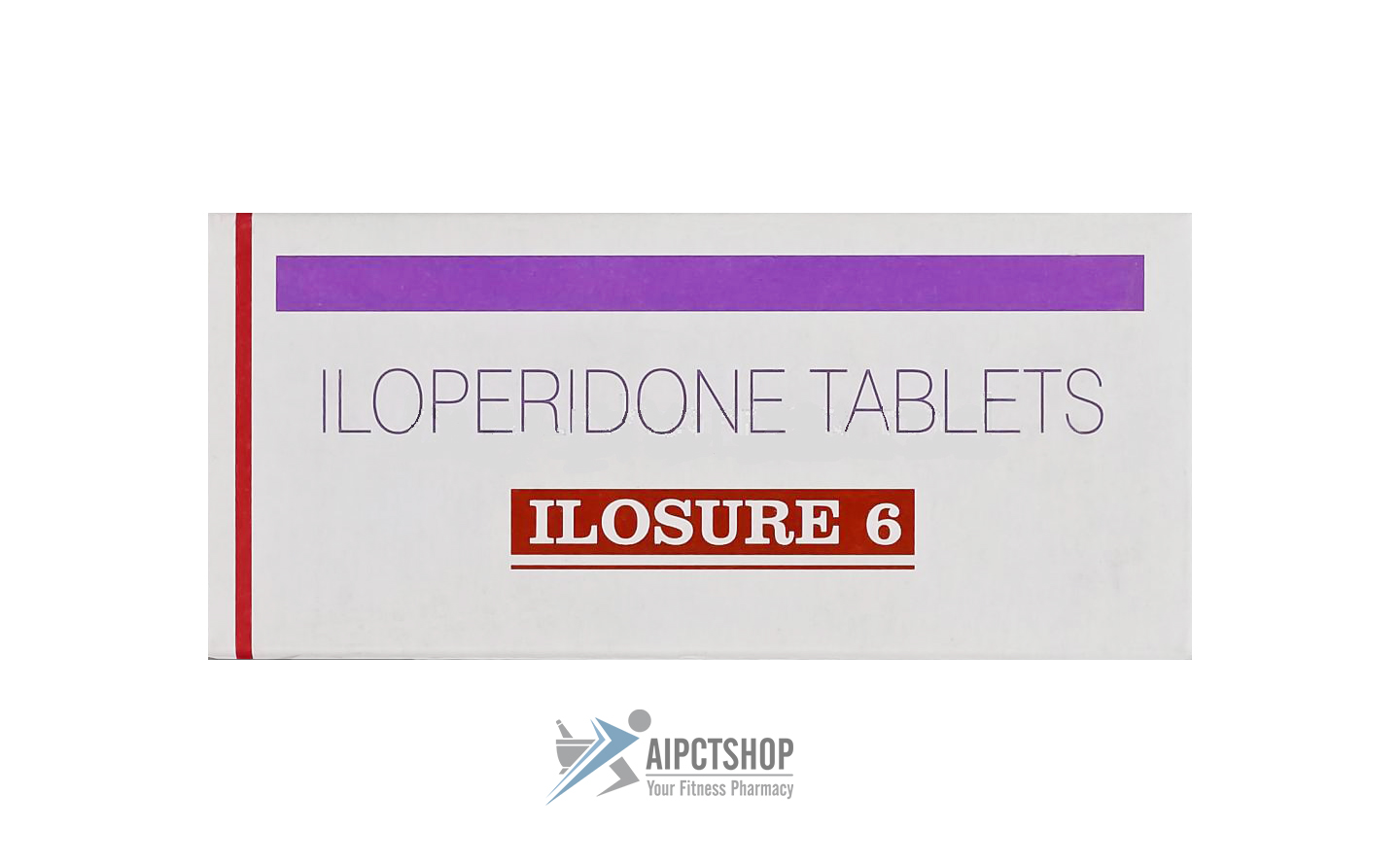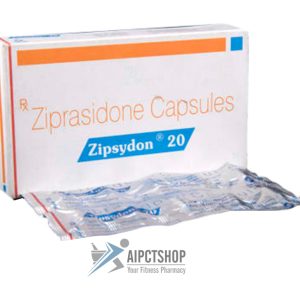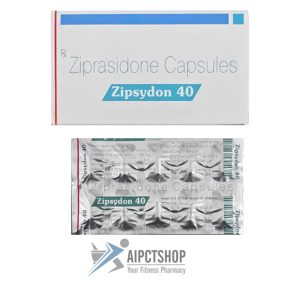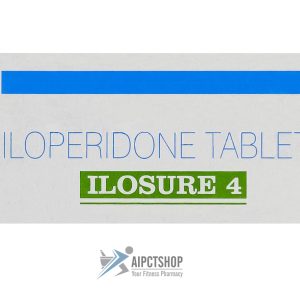Iloperidone Information
What is this drug used for?
– It is used to treat schizophrenia.
– It may be given to you for other reasons. Talk with the doctor.
Possible side effects
Iloperidone may cause side effects. Tell your doctor if any of these symptoms are severe or do not go away:
– Upset stomach.
– Weight gain.
– Dry mouth.
– Feeling sleepy.
– Feeling tired or weak.
– Stuffy nose.
– Diarrhea.
Some side effects can be serious. If you experience any of these symptoms, call your doctor immediately or get emergency medical treatment:
– Signs of an allergic reaction, like rash; hives; itching; red, swollen, blistered, or peeling skin with or without fever; wheezing; tightness in the chest or throat; trouble breathing, swallowing, or talking; unusual hoarseness; or swelling of the mouth, face, lips, tongue, or throat.
– Signs of high blood sugar like confusion, feeling sleepy, more thirst, more hungry, passing urine more often, flushing, fast breathing, or breath that smells like fruit.
– Thoughts of hurting yourself or suicide.
– Dizziness or passing out.
– A heartbeat that does not feel normal.
– A fast heartbeat.
– Change in how you act.
– Mood changes.
– Shakiness, trouble moving around, or stiffness.
– Not able to pass urine or change in how much urine is passed.
– Trouble swallowing.
– Seizures.
– Shortness of breath.
– Enlarged breasts.
– Not able to get or keep an erection.
– Nipple discharge.
– For women, no period.
– Call your doctor right away if you have a painful erection (hard penis) or an erection that lasts for longer than 4 hours. This may happen even when you are not having sex. If this is not treated right away, it may lead to lasting sex problems and you may not be able to have sex.
– Some people may get a severe muscle problem called tardive dyskinesia. This problem may lessen or go away after stopping this drug, but it may not go away. The risk is greater with diabetes and in older adults, especially older women. The risk is greater with longer use or higher doses, but it may also occur after short-term use with low doses. Call your doctor right away if you have trouble controlling body movements or problems with your tongue, face, mouth, or jaw like tongue sticking out, puffing cheeks, mouth puckering, or chewing.
Medication Safety Issues
Sound-alike/look-alike issues:
Fanapt may be confused with Xanax
Iloperidone may be confused with domperidone
Geriatric Patients: High-Risk Medication:
Beers Criteria: Antipsychotics are identified in the Beers Criteria as potentially inappropriate medications to be avoided in patients 65 years and older due to an increased risk of cerebrovascular accidents (stroke) and a greater rate of cognitive decline and mortality in patients with dementia. Antipsychotics may be appropriate for schizophrenia, bipolar disorder, other mental health conditions, or short-term use as antiemetic during chemotherapy, but should be given in the lowest effective dose for the shortest duration possible. In addition, antipsychotics should be used with caution in older adults due to their potential to cause or exacerbate syndrome of inappropriate antidiuretic hormone secretion (SIADH) or hyponatremia; monitor sodium closely with initiation or dosage adjustments in older adults (Beers Criteria [AGS 2019]).
Storage and Stability
Store at 25?C (77?F); excursions permitted to 15?C to 30?C (59?F to 86?F). Protect from light and moisture.
Adverse Reactions
>10%:
Cardiovascular: Tachycardia (3% to 12%; dose-related)
Central nervous system: Dizziness (10% to 20%; dose-related), drowsiness (9% to 15%)
Endocrine & metabolic: Increased serum prolactin (26%), weight gain (9% to 18%; dose-related)
1% to 10%:
Cardiovascular: Orthostatic hypotension (3% to 5%), hypotension (3%; dose-related), palpitations (?1%)
Central nervous system: Fatigue (4% to 6%), extrapyramidal reaction (4% to 5%), lethargy (3%), aggressive behavior (?1%), delusions (?1%), restlessness (?1%), dystonia (?1%)
Dermatologic: Skin rash (3%)
Endocrine & metabolic: Increased serum triglycerides (10%), increased serum cholesterol (4%), weight loss (?1%)
Gastrointestinal: Nausea (10%), xerostomia (8% to 10%), diarrhea (5% to 7%), abdominal distress (3%; dose-related)
Genitourinary: Ejaculation failure (2%), erectile dysfunction (?1%), urinary incontinence (?1%)
Hematologic & oncologic: Decreased hematocrit (?1%)
Neuromuscular & skeletal: Arthralgia (3%), muscle rigidity (3%; dose-related), tremor (3%), muscle spasm (?1%), myalgia (?1%)
Ophthalmic: Blurred vision (3%), conjunctivitis (?1%; including allergic)
Respiratory: Nasal congestion (5% to 8%), nasopharyngitis (?4%), upper respiratory tract infection (2% to 3%), dyspnea (2%)
Frequency not defined: Genitourinary: Priapism
<1%, postmarketing, and/or case reports: Abnormal gait, acute renal failure, amenorrhea, amnesia, anemia, anorgasmia, aphthous stomatitis, asthma, blepharitis, bradykinesia, bulimia nervosa, cardiac arrhythmia, cataract, catatonia, cholelithiasis, confusion, decreased hemoglobin, decreased libido, dehydration, delirium, dry nose, duodenal ulcer, dyspnea on exertion, dysuria, edema, emotional lability, epistaxis, eyelid edema, fecal incontinence, first degree atrioventricular block, fluid retention, gastritis, gastroesophageal reflux disease, gynecomastia, hiatal hernia, hostility, hyperacidity, hyperemia (including conjunctival), hyperglycemia, hypermenorrhea, hypersensitivity reaction (including anaphylaxis; angioedema; throat tightness; oropharyngeal swelling; swelling of the face, lips, mouth, and tongue; urticaria; pruritus), hyperthermia, hypokalemia, hypothyroidism, impulse control disorder, increased appetite, increased neutrophils, increased thirst, iron deficiency anemia, leukopenia, major depressive disorder, mania, mastalgia, menstrual disease, nephrolithiasis, neuroleptic malignant syndrome, nystagmus, obsessive compulsive disorder, oral mucosa ulcer, panic attack, paranoia, paresthesia, Parkinson?s disease, pollakiuria, polydipsia (psychogenic), postmenopausal bleeding, prolonged Q-T interval on ECG, prostatitis, psychomotor agitation, restless leg syndrome, retrograde ejaculation, rhinorrhea, salivation, sinus congestion, sleep apnea, stomatitis, swelling of eye, syncope, testicular pain, tinnitus, torticollis, urinary retention, uterine hemorrhage, vertigo, xerophthalmia








Reviews
There are no reviews yet.